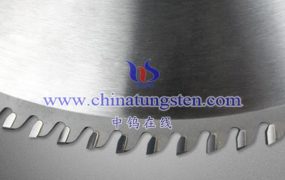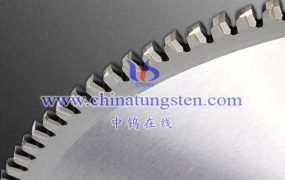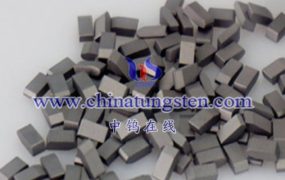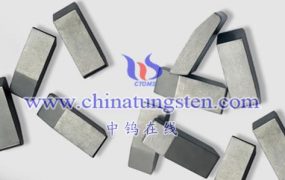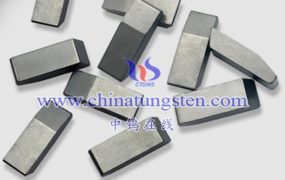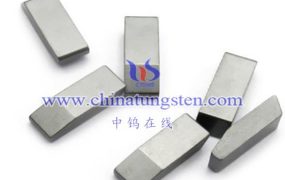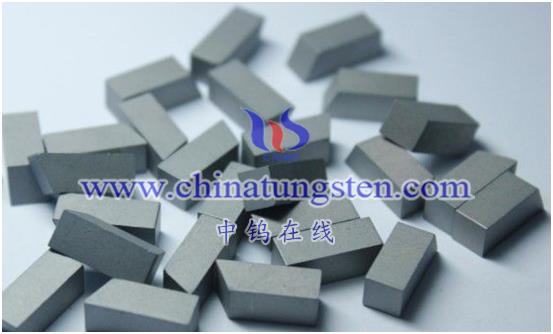
The hardness of cemented carbide is affected by many factors, as follows:
Chemical composition: The hardness of cemented carbide is mainly affected by its chemical composition. Alloys of different compositions have different hardnesses. For example, alloys with a higher tungsten-to-cobalt ratio are harder, but at the same time brittle. Adding elements such as titanium and copper will increase the hardness of the alloy, but it will also change the wear resistance, impact resistance and other properties of the alloy.
Raw material ratio: The raw material ratio of cemented carbide also affects its hardness. Different ingredient ratios will lead to different alloy compositions and microstructures, thereby affecting their hardness.
Production process: The production process of cemented carbide will also affect its hardness. Process conditions such as high-temperature sintering, heat treatment, and work hardening will affect the hardness of the alloy.
Process parameters: The process parameters of cemented carbide also have an impact on its hardness. For example, sintering temperature, time, atmosphere, etc. will affect the density, grain size and distribution of the alloy, thereby affecting its hardness.
Usage environment: Carbide will be affected by different stresses and environmental factors during use, which will affect its hardness. For example, temperature, humidity, pressure, etc. will all affect the hardness of the alloy.
Therefore, in order to obtain cemented carbide with the required hardness, the above factors need to be comprehensively considered and corresponding optimization and control carried out.
More details of tungsten carbide product, please visit website: http://tungsten-carbide.com.cn/
Please contact CHINATUNGSTEN for inquiry and order of tungsten carbide:
Email: sales@chinatungsten.com
Tel.: 86 592 5129595
